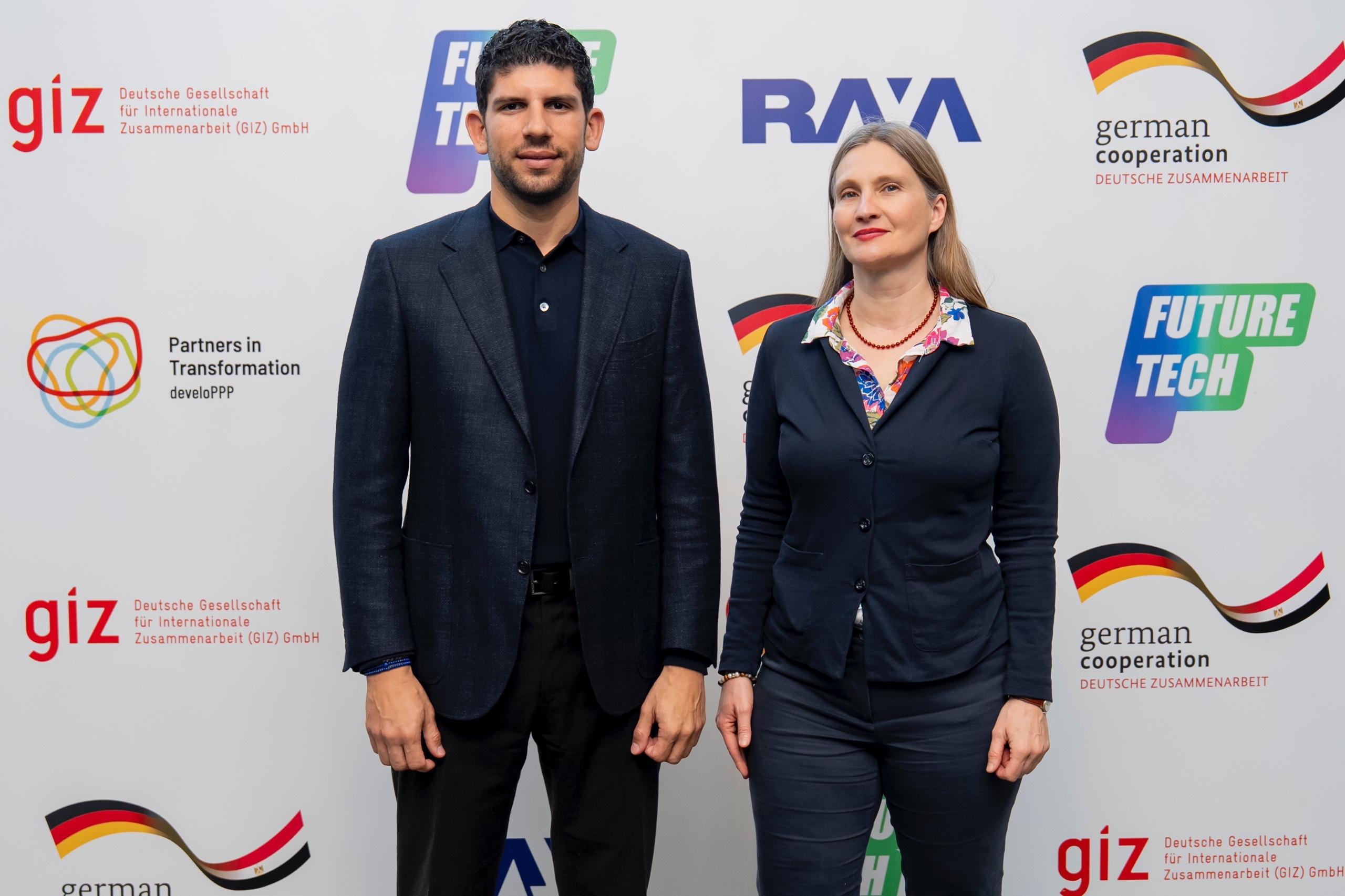According to new research commissioned by Kaspersky, 92% of heads of innovations in enterprises in the Middle East and Africa admit that their projects often fail before they are launched. Many of these innovations don’t even make it past development stage (37%). A lack of cooperation with IT Security departments also increases the likelihood that a project will never be released.
New products developed by enterprises often do not succeed. Nintendo’s Virtual Boy game console that was designed to incorporate VR and the Nike FuelBand fitness tracker are both high profile examples. As the GE experience showed, a transformation of internal processes doesn’t always yield desired results, either.
However, the failure of already publically launched projects is just the tip of the iceberg. According to a Kaspersky study, in which 13 senior decision makers from United Arab Emirates and 17 from Saudi Arabia with an involvement in innovation were surveyed, the development stage is considered to be most challenging across the ‘innovation lifecycle’. This is confirmed by a third (37%) of respondents based on their experience.
For most enterprises, the main reason for unsuccessful innovation is that there are too many stakeholders involved in the project with one-fifth (19%) of respondents agreeing with this. It means that the ability to execute is as important as coming up with a brilliant idea, in order to transform a valuable insight into a profitable and plausible solution. Once the roadmap is established, it is also worth regularly reviewing it to keep up with competitor activity, market trends and industry fluctuations.
Cybersecurity was not listed among the top reasons why projects fail. Nonetheless, there’s a shared belief (55% agree) that by not including a Chief Information Security Officer (CISO) early in the process, enterprises are increasing the likelihood that their innovation will not be successful. This could be due to an inability to adapt projects to strict cybersecurity rules, with more than half ( 60%) believing that IT security policy in their company stifles innovation.
“For a business to innovate, it should take risks and be ready to go through some failures in the process as well, as they are inevitable when you are looking into something really new. However, there are still some practical steps that can be taken to make sure that an emerging technology or a product reaches its launch. Cybersecurity doesn’t have to be another corporate barrier, but it should be on an integral part of the project all long. Make sure to keep the CISO in the loop early on when planning the next technological breakthrough for your company,” comments Alexander Moiseev, Chief Business Officer at Kaspersky.
The full report is available at the following link.
About the research
In summer 2020 Kaspersky commissioned Savanta, an independent market research agency, to explore a number of areas relating to corporate innovation. Innovation is the process of introducing new ideas, technologies, methodologies, services, or products that aim to affect positive change within businesses.
304 senior decision makers with an involvement in innovation, working in Europe, MEA, APAC, LATAM, North America and CIS were surveyed online in July 2020. These employees worked in a range of industries and in larger organisations (500+ employees). Following the surveys, 15 in-depth qualitative interviews were conducted with senior decision makers involved in innovation, working in larger organisations across a range of industries and specialisms.














































































